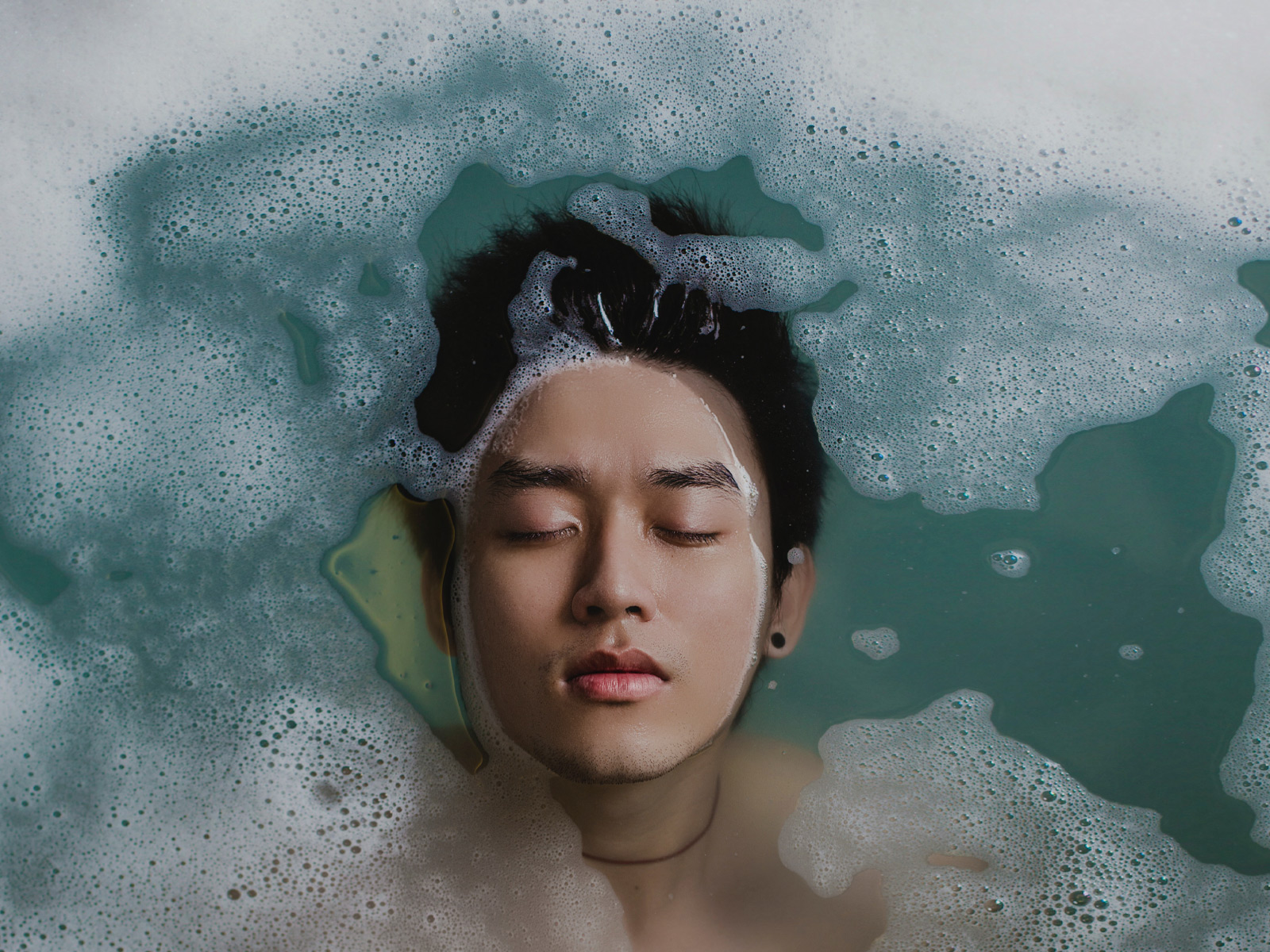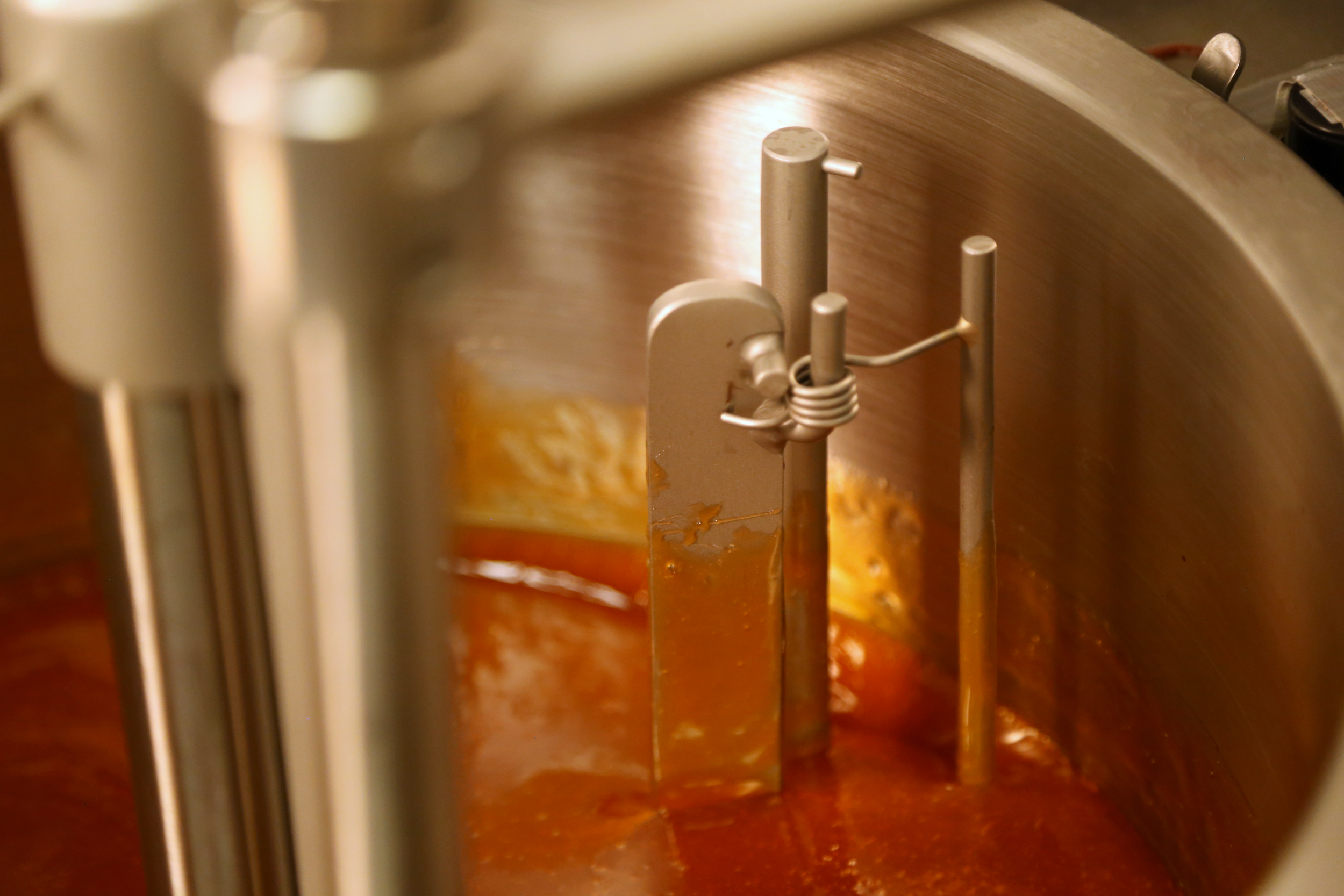
Almost half of Canadians have struggled with insomnia in some form, tossing and turning trying to fall asleep, staring at the ceiling unable to stay asleep or just waking up feeling tired. And, it’s getting worse. According to StatsCan insomnia symptoms increased 42 percent among Canadians between 2007 and 2015. No one is sure why sleeping is getting more elusive, but there is growing evidence that cannabis can offer relief.
A recent review of research on cannabis and sleep found it may help people fall asleep faster, increase the amount of “deep” sleep, help with disorders like sleep apnea, improve sleep for people suffering with chronic pain and reduce bad dreams associated with PTSD.
That’s good news because we know not getting enough sleep is dangerous. The Centers for Disease Control and Prevention says, “persons experiencing sleep insufficiency are also more likely to suffer from chronic diseases such as hypertension, diabetes, depression, and obesity, as well as from cancer, increased mortality, and reduced quality of life and productivity.”
Fighting sleep is frustrating enough. Knowing it might be killing you too doesn’t help. Research on how cannabis might help with sleep is sparse, but there are some promising signs.
Getting to sleep
A 2013 study found that when male cannabis users had higher THC levels at bedtime, they reported less difficulty falling asleep. Another study found that people with psychological issues, like anxiety and depression, reported an easier time with sleep when they consumed cannabis. That makes sense since cannabis is well known for its anti-anxiety and relaxing qualities. It’s also medically known to reduce pain and muscle tension, reasons that make sleep elusive for those with conditions like chronic pain or multiple sclerosis.

Staying asleep
One of the oldest studies on sleep and cannabis found that THC reduced rapid eye movement (REM) and increased deep sleep. Deep sleep is when we rebuild muscles, grow tissues and strengthen the immune system. More time in deep sleep helps the body function better and healthier. But less time in REM has impacts too. REM is when we dream and it’s during this stage that our bodies process memories. After consuming cannabis many users report dreamless sleep. This is a good thing for people who suffer from nightmares, like those with PTSD. The take away is that cannabis encourages deeper sleep, but the long-term impacts of less REM sleep are unknown.
Sleep Apnea Relief?
One of the most exciting areas of cannabis research is sleep apnea. It’s a condition where the breathing muscles that normally keep us sawing away, even when we’re deep in sleep, stop working properly. People with sleep apnea wake repeatedly through the night and never enter deep or REM sleep. There is no drug to treat the condition, but a synthetic version of cannabis shows promise and is the subject of a National Institutes of Health study.
“The drug targets the brain and nerves that regulate the upper airway muscles,” says Dr. Phyllis Zee, the co-leader on the research at Northwestern Medicine Sleep Disorders Center. “It alters the neurotransmitters from the brain that communicate with the muscles. Better understanding of this will help us develop more effective and personalized treatments for sleep apnea.”
[https://today.uic.edu/synthetic-cannabinoid-reduces-sleep-apnea]
The evidence is pretty compelling that cannabis can help with sleep issues. So, what is the best way of working it into your sleep routine?

The Sleepy Strain
Not all cannabis works for inducing sleep. While there remains lots of unknowns and conflicting information, there’s general agreement that Indica strains with higher levels of THC and lower levels of CBD work best as a sleep aid. Indica’s known for its mellow high and THC has more of a drowsy effect than CBD.
For fast relief of insomnia, inhalation might work best, but for a long, deep sleep, edibles are superior.
Ingestion and Timing
Inhaling cannabis is the fastest way of delivering the THC into the blood, but the body processes it faster. Edibles take longer to take effect but last much longer. For fast relief of insomnia, inhalation might work best, but for a long, deep sleep, edibles are superior. Everyone digests at different rates. Try consuming them about an hour before you want to fall asleep and adjust accordingly.
Entourage Effect
Some scientists think the terpenes play an important role in why cannabis is good for sleep. They’re the compounds that give cannabis its smell and flavour. Many of the most common ones in cannabis are also found in other sleep-inducing products like chamomile and lavender. Having herbal tea or adding lavender essential oils to a bath, might increase the relaxing effects of cannabis.
One of the reasons cannabis is so popular as a sleep aid is that it is a natural product, rather than a drug concocted in a lab. It’s also why it’s not full-proof. It helps nudge you towards sleep, rather than knock you on the head. Because of its subtly it’s still important to practice good sleep hygiene. Turn off screens at least an hour before bedtime. Practice a regular bedtime routine and set up a cool and dark bedroom.
Five steps to faster, better sleep:
1. Turn off screens at least an hour before bedtime.
2. Take an edible cannabis gummy. Indica strains high in THC work well.
3. Do something relaxing like read a book, listen to a podcast or meditate.
4. Set your bedroom thermostat at 20 or less and pull down the blinds.
5. Get comfortable, close your eyes and start counting leaves.
Did you like this article?
Sign up for our newsletter to make sure you're in the know about all of our new product releases, contests and more.






